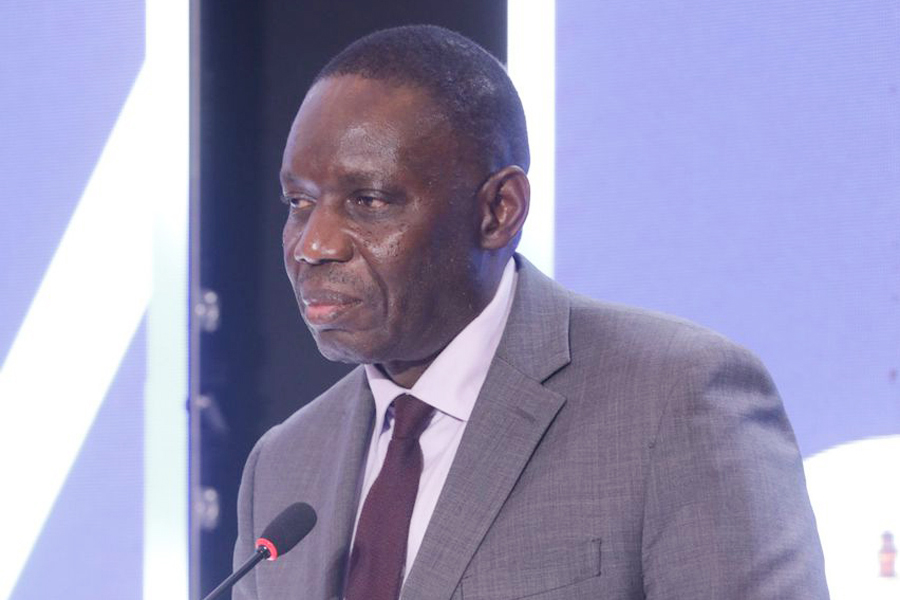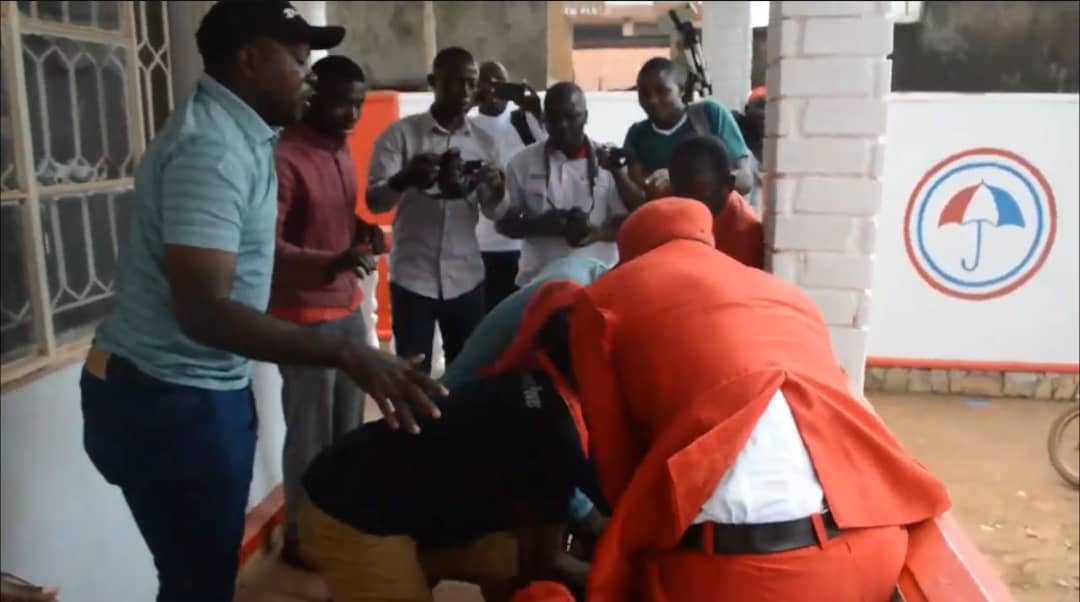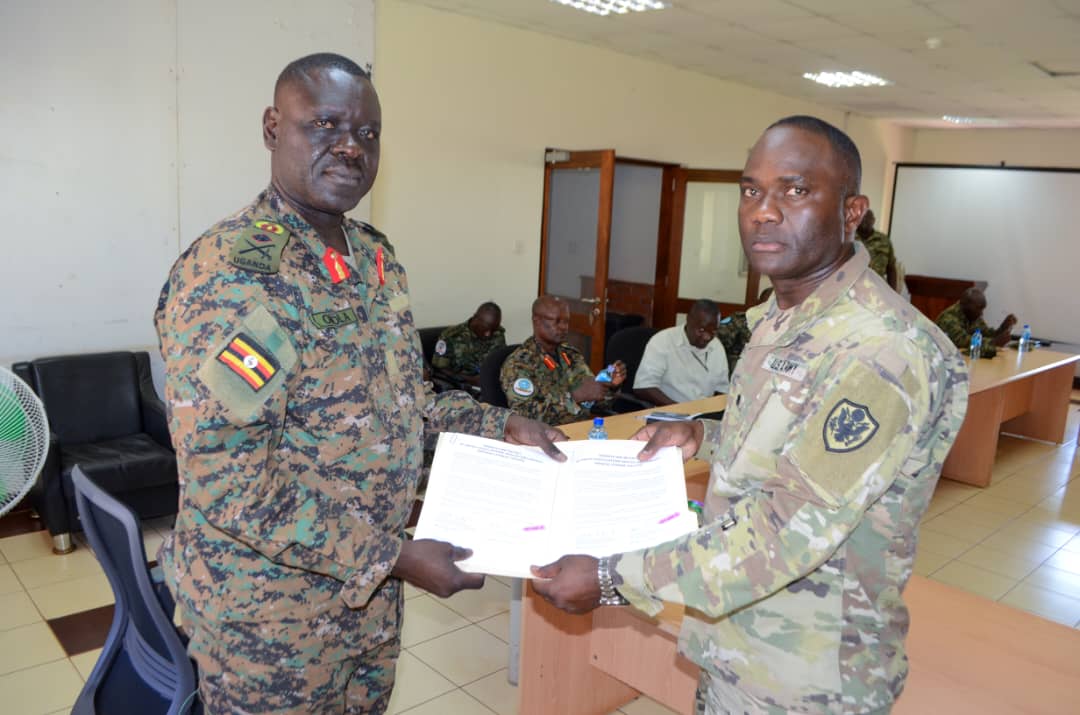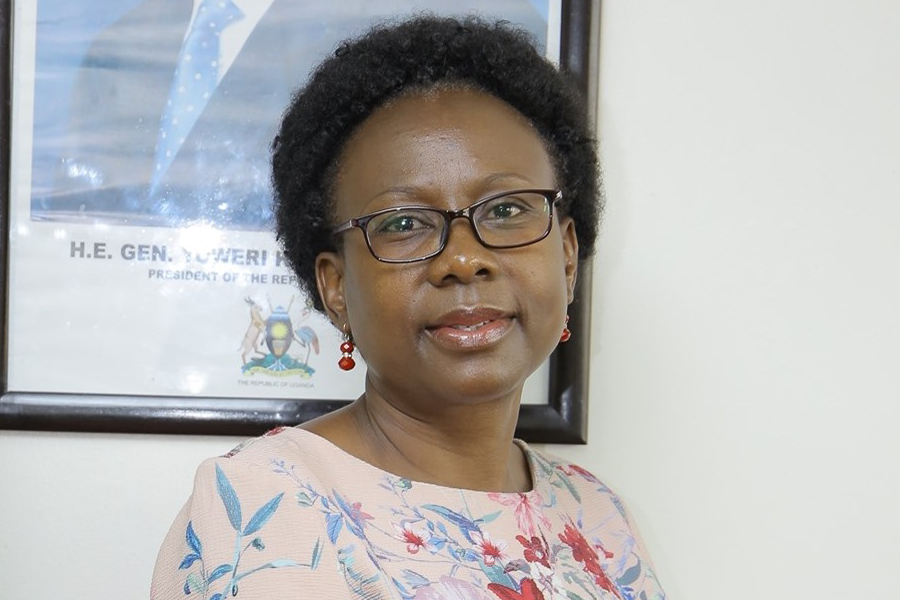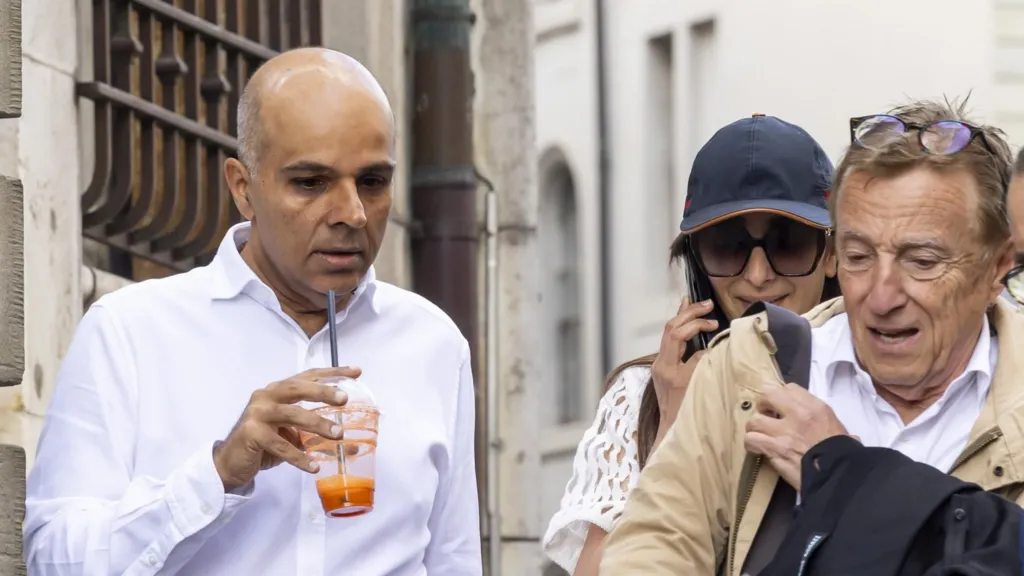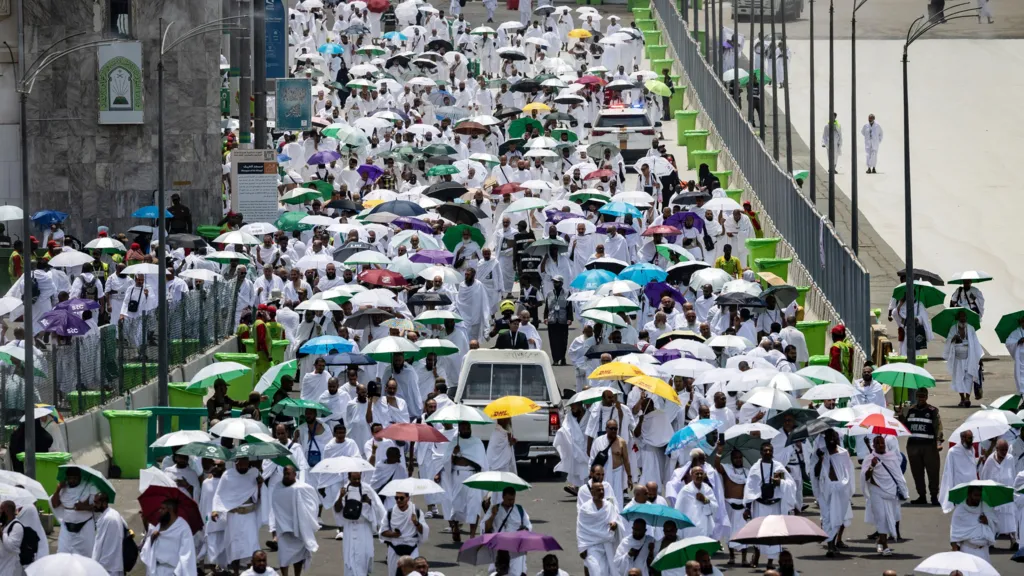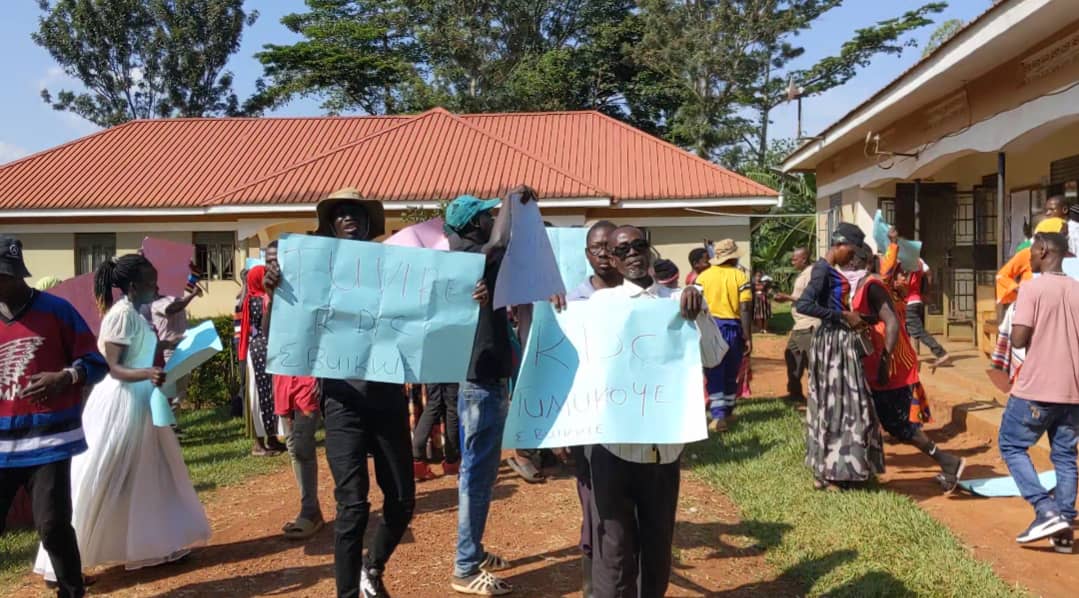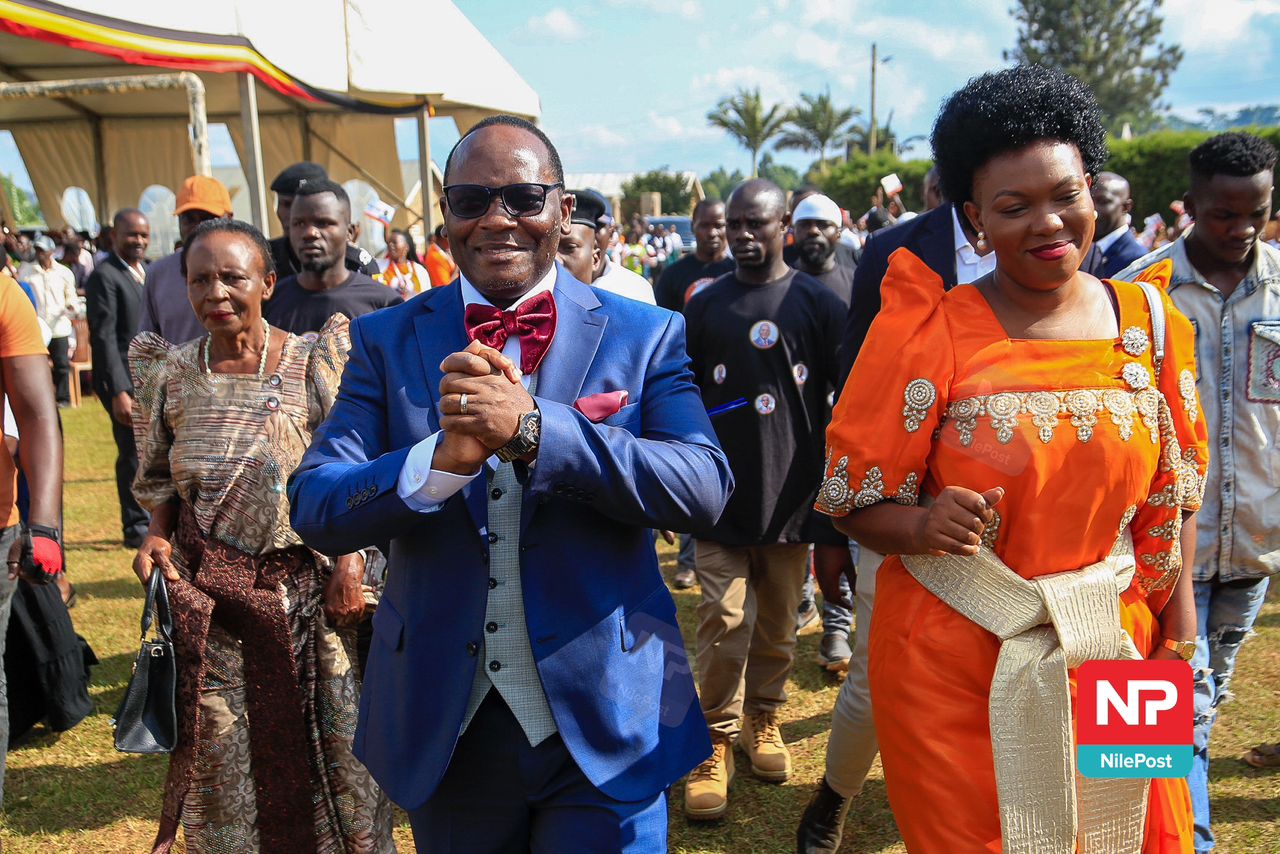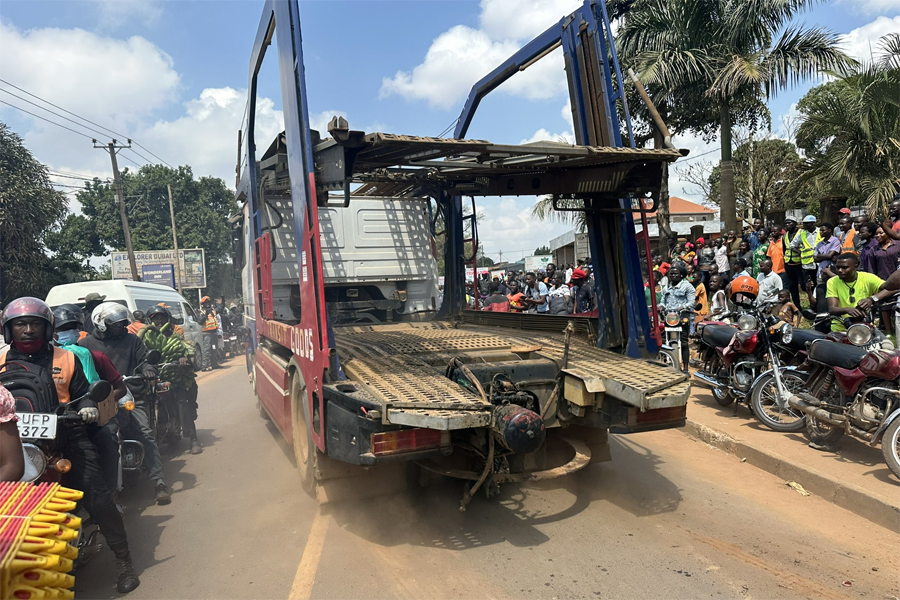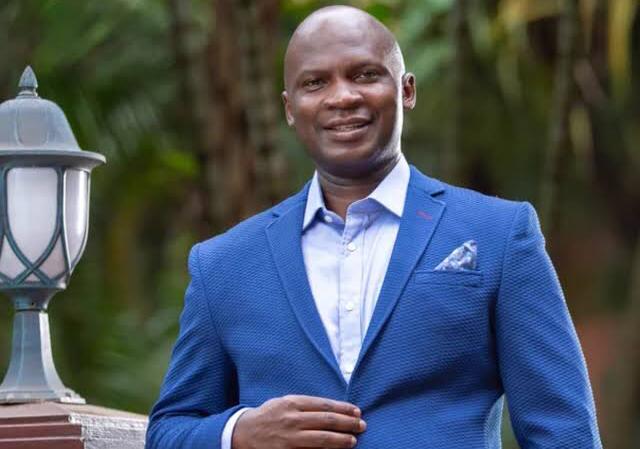Katonga Faction Struggles to Gain Foothold in Uganda's Political Arena
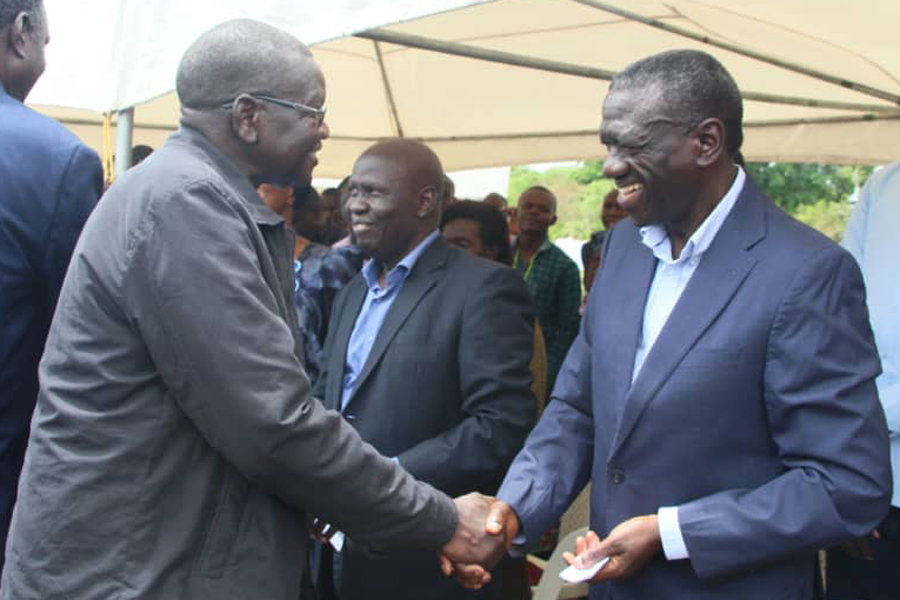
Despite initial promises of a new political force emerging in Uganda, the Katonga faction appears to be encountering significant challenges in solidifying its presence within the country's complex political landscape. With mounting speculation regarding its viability as a potent political entity, questions arise over the faction's ability to carve out a meaningful space in Uganda's ever-evolving political scene.
Formed with the ambitious goal of presenting an alternative to Uganda's traditional political establishments, the Katonga faction emerged on the scene with considerable enthusiasm. Led by a coalition of seasoned politicians and grassroots activists, the faction aimed to address longstanding grievances and usher in a new era of governance characterized by transparency, inclusivity, and accountability.
Keep Reading
However, despite early optimism, the Katonga faction has encountered a series of setbacks that have hindered its progress. One of the primary challenges facing the faction has been its struggle to garner widespread support and mobilize significant grassroots backing. While initial rallies and campaigns generated interest, sustaining momentum and translating it into tangible political capital has proven elusive.
Moreover, internal divisions and ideological differences within the faction have further complicated matters, leading to a lack of coherence in its messaging and strategy. Infighting and power struggles among key figures have undermined the faction's credibility and eroded public trust, detracting from its ability to present a united front and articulate a clear vision for the future.
Public opinion regarding the Katonga faction remains divided, with some expressing skepticism about its ability to effect meaningful change and others cautiously optimistic about its potential to challenge the status quo. Critics argue that the faction's failure to capitalize on initial momentum and address internal rifts reflects a broader lack of organizational capacity and strategic foresight.
Analysts suggest that the faction's inability to gain traction may also be attributed to the entrenched dominance of established political parties and the challenges associated with breaking into a fiercely competitive electoral landscape. Without a coherent and compelling narrative that resonates with voters and distinguishes it from existing political players, the Katonga faction risks fading into obscurity.
As Uganda gears up for the next phase of its political journey, the future trajectory of the Katonga faction remains uncertain. While its aspirations for change and reform are noble, the faction must confront the realities of political pragmatism and adapt its approach accordingly if it hopes to carve out a meaningful space in Uganda's political arena. Whether it can overcome its current challenges and emerge as a potent political force or fade into the annals of history remains to be seen.








